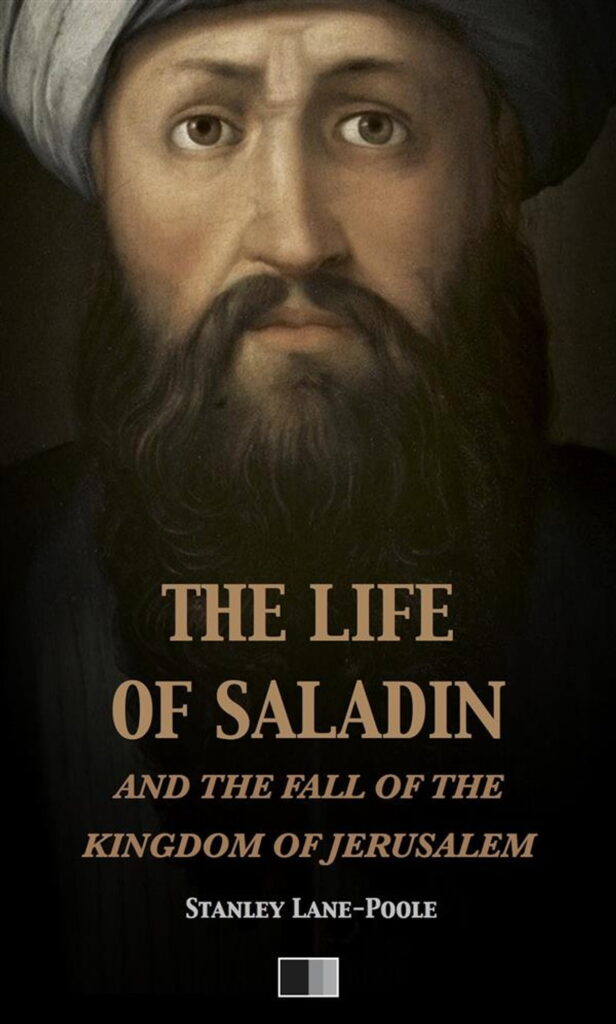Sultan Salahuddin Ayyubi
The article revolves around the great Muslim leader ” Sultan Salahuddin Ayyubi’s ” life. it tells how he fought against the crusades’ and many more he achieved .
Table of Content
- Introduction
- Early Life
- Military Career

1 . Salahuddin ( Intro )
- Saladin was born in 1137/38, Tikrit, Mesopotamia (now in Iraq)
- he died on March 4, 1193, Damascus (now in Syria)
- He was a ( Sunni )Muslim sultan of Egypt , Syria , Yemen , and PALESTINE , founder of the Ayyubi Dynasty , and the most famous of Muslim heroes.
- In wars against the Christian Crusader’s, he achieved great success by capturing Jerusalem on October 2, 1187 he ended Franks nearly nine decades of occupation
2 . Early Life
- Salahuddin was born in a prominent Kurdish family
- On the night of his birth , Najm al-Din Ayyub ( his father ) moved to sham along with his family ,and took the shelter of Noor al-Din Zangi . who was the son and successor of Zangī .
- His formal career began when he joined the staff of his uncle Asad al-din Shirkuh an important military commander under Zangi Dynasty .
- Saladin was apparently an undistinguished youth , with a greater taste for religious studies than military training
3 . Military Career
- During three military expeditions led by Shīrkūh into Egypt rulers of the Latin kingdom of Jerusalem, a complex, three-way struggle developed between Amarlic I , the king of Jerusalem; Shāwar, the powerful Vizier of the Egyptian Fatimid Calipha and Shīrkūh.
- After Shīrkūh’s death and after ordering Shāwar’s assassination, Saladin, in 1169 at the age of 31, was appointed both commander of the Syrian troops in Egypt and vizier of the Fāṭimid caliph .
- He relatively had a quick rise to power through his own emerging talents . As vizier of Egypt, he received the title of “king” (malik), although he was generally known as the Sultan.
- Saladin’s position was took a growth further when, in 1171, he abolished the weak and unpopular Shia Fatimid caliphate , and proclaimed a return to Sunni Islam in Egypt.
- He remained theoretically a vassal of Nūr al-Dīn for a time , that relationship ended with the Syrian emir’s death in 1174.